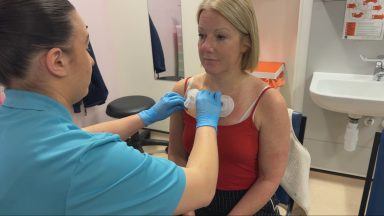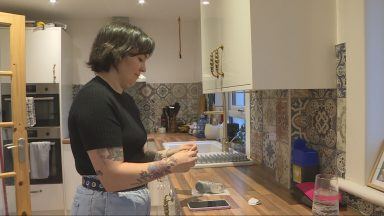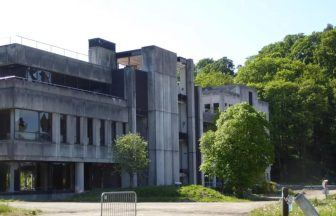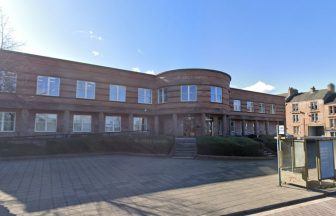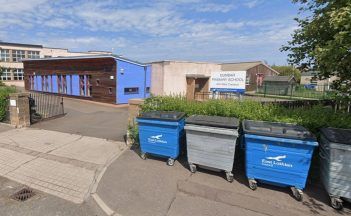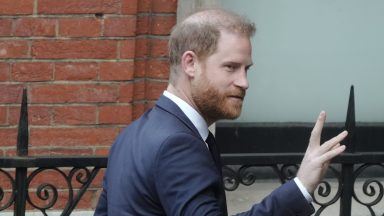Edinburgh’s Lord Provost has formally apologised on behalf of the city for its past role in sustaining slavery and colonialism.
Robert Aldridge opened Thursday’s meeting of the City of Edinburgh Council with a civic apology, which follows ten recommendations and an action plan.
“It is impossible to look out from this building across the city and not see how the landscape of the city was shaped by the wealth generated from colonialism and slavery,” Mr Aldridge said.
“The effects of colonialism and slavery are deeply embedded in the fabric of our city, in the buildings, in the institutions and even in the way that Edinburgh is laid out.
“We cannot deny the benefits that the city has accrued over the years from the exploitation of others and in particular the continent and peoples of Africa.”
According to the action plan drawn up an independent review group, from next year Edinburgh will begin observing the International Day for the Remembrance of the Slave Trade and its Abolition every August 23.
The work of re-presenting statues, buildings and street names associated with slavery and colonialism is set to take several years, starting from 2023.
However, the issuing of an apology for Edinburgh’s past role in the practices was recommended to take place this year.
It comes amid an ongoing bid to remove a controversial plaque at the foot of a 150ft memorial to Henry Dundas in St Andrew Square, after it was updated to state he was “instrumental” in deferring abolition of the slave trade for a generation in the late 18th century.
The capital follows Glasgow, Liverpool and London in issuing formal apologies.
“Coming to terms with our past and recognising the detriment our ancestors have wrought through colonialism and slavery is very difficult for us all,” Mr Aldridge continued.
“But try we must to reconcile our past with the generations of today in order that we can move forward, united in our common goals of equality, fraternity and liberty.”
The plan, drawn up by Jamaica-born Heriot-Watt University professor Sir Geoff Palmer, noted that a number of prominent locations and buildings with links to the slave trade.
It highlighted that 74 slave-owning New Town residents received compensation for the loss of their “property” upon abolition in 1833.
The report also mentioned that Bute House, which is now the First Minister’s official residence, was historically owned by people who benefitted from the slave trade.
Sir Geoff stressed the importance of education in tackling historic racial injustices.
His report said the slave trade had shaped the city but its history had “largely been hidden” from the public.
Following the apology, the next action will be the creation of an independent Legacy Commission, supported by the council.
This group will oversee prioritisation and co-ordination of the remaining actions, liaise with stakeholders in addressing this legacy across the city and beyond and provide regular updates on progress.
Follow STV News on WhatsApp
Scan the QR code on your mobile device for all the latest news from around the country


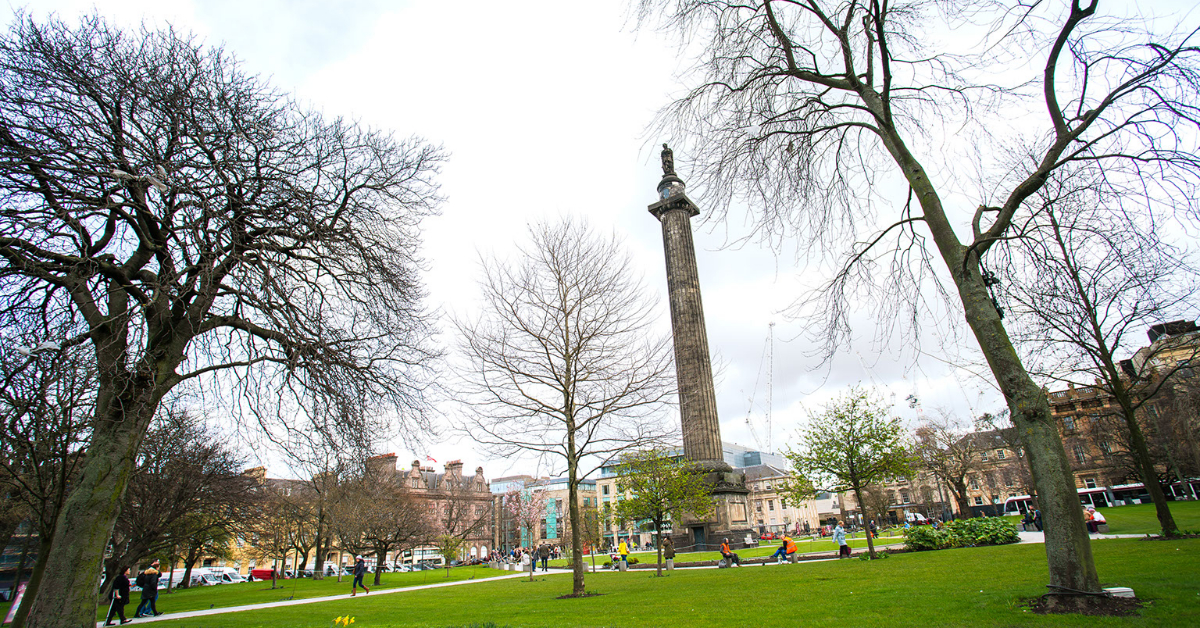 iStock
iStock












